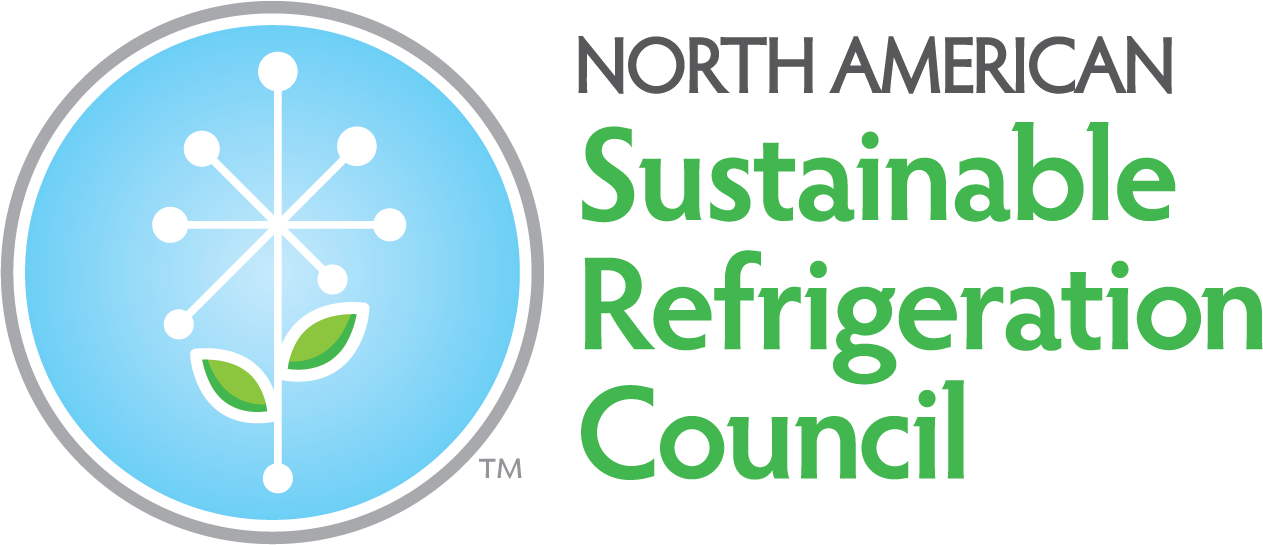Sacramento, California – At the January California Air Resources Board (CARB) public workshop, CARB announced changes to the proposed rules for stationary refrigeration systems, which were the result of a successful collaboration between CARB and California retailers over the preceding several months.
CARB first announced the rulemaking for the HFC reduction measures - which aim to reduce emissions of Hydrofluorocarbon refrigerants (HFCs) typically found in supermarkets - in October of 2017. The rulemaking was driven by California legislation, which established the State’s goals to reduce greenhouse gas emissions to 40% below 1990 levels by 2030, and specifically to reduce HFC emissions to 40% below 2013 levels by 2030.
The original proposal called for all newly installed refrigeration equipment, whether installed in a new or existing facility, to use refrigerants with a Global Warming Potential (GWP) below 150. Natural refrigerants, such as carbon dioxide, ammonia, and propane are zero or near zero GWP solutions, but are challenging and costly to install in existing facilities because they require a full system replacement.
“The proposed definition for new equipment risked an unintended consequence to halt all upgrade and retrofit work across existing stores to avoid triggering the <150 GWP requirement,” said Danielle Wright, executive director of the North American Sustainable Refrigeration Council (NASRC). “Not only would this be bad business for grocers, but it would have ultimately prevented CARB from achieving their emissions targets.”
Following a public technical working group meeting in August of 2019, several California retailers approached the NASRC with a request to facilitate a different proposal that would come directly from the retailers and still meet CARB’s emissions reduction goals. The retailer group, which represented the majority of supermarket locations in California, convened in late-September to develop an alternative proposal. This new proposal recommended that for the <150 GWP requirement, new equipment be defined solely as new store construction or a complete system replacement.
To compensate for the reduced emissions reductions from the restricted definition of new equipment, the retailers proposed a Greenhouse Gas Potential (GHGp) program for existing stores, designed to reduce overall emissions across a chain while allowing flexibility at the store level. Under the GHGp program, retailers would reduce their emissions through lower-GWP refrigerants, charge reductions, or a combination of both, giving them the flexibility to determine which stores to retrofit to meet the target.
CARB was receptive to the retailer proposal and suggested a target of 55% GHGp reduction from a 2018 baseline by 2030. CARB also proposed an alternative hybrid approach, which would require retailers to meet a chain-wide “weighted-average GWP” target of 1400 by 2030. The intention of both programs was to give retailers the maximum possible flexibility while also ensuring CARB’s emission reduction target is achieved.
To support the transition to low-GWP refrigerants, CARB has established an F-gas Reduction Incentive Program (FRIP), which has received $1 million from the Greenhouse Gas Reduction Fund (GGRF) for the 2019-20 fiscal year. The program will launch for project solicitation this Summer.
“While this is a great example of a successful collaboration between California retailers and CARB, the regulations still present a challenge for retailers,” said Wright. “The launch of the incentive program is an important step to support the transition to low-GWP refrigerants, and our goal is to help bring more funds to the table.”
This proposal has yet to be finalized by the Board and CARB continues to seek feedback and stakeholder input, which can be sent to HFCReduction@arb.ca.gov or to Richie Kaur at richie.kaur@arb.ca.gov. Comments on FRIP are requested by March 15th and can be submitted to Aanchal Kohli at Aanchal.Kohli@arb.ca.gov. The materials from CARB’s workshop are available here.
For more information, please contact info@nasrc.org.

